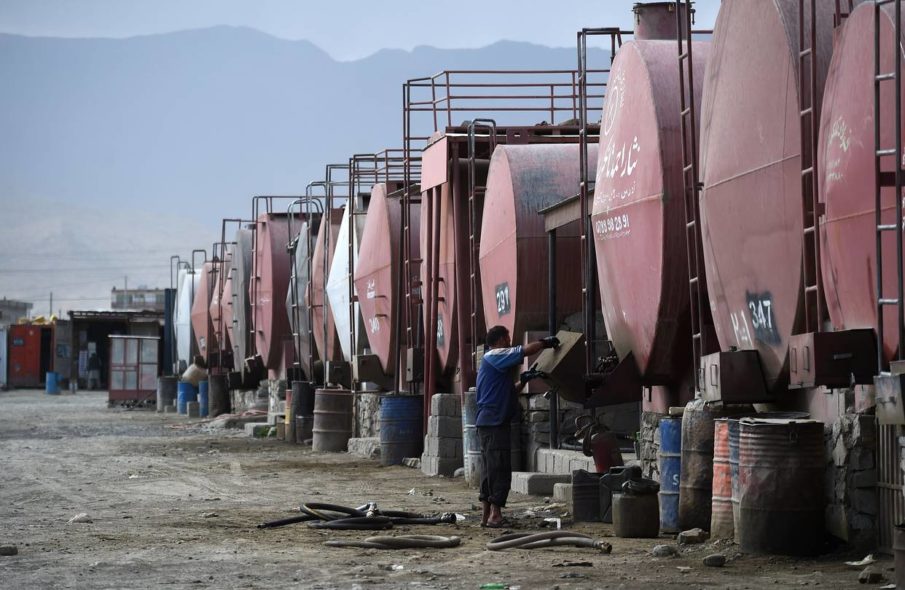Afghanistan gets tough on tax evasion
AI Overview
Summary is AI-generated, newsroom-reviewed.
KABUL—Afghanistan is cracking down on tax evasion to repair its finances as the country’s economy struggles with renewed violence and the withdrawal of the huge coalition presence that fed business for years. The departure of most foreign troops two years ago allowed the Taliban to take advantage of
Read the full article for more on:
- Important insights and detailed analysis
- Expert commentary on current events
- Breaking developments and updates

KABUL—Afghanistan is cracking down on tax evasion to repair its finances as the country’s economy struggles with renewed violence and the withdrawal of the huge coalition presence that fed business for years. The departure of most foreign troops two years ago allowed the Taliban to take advantage of the security vacuum and escalate attacks on […]

What readers are saying
Generating a quick summary of the conversation...
This summary is AI-generated. AI can make mistakes and this summary is not a replacement for reading the comments.










COMMENTS